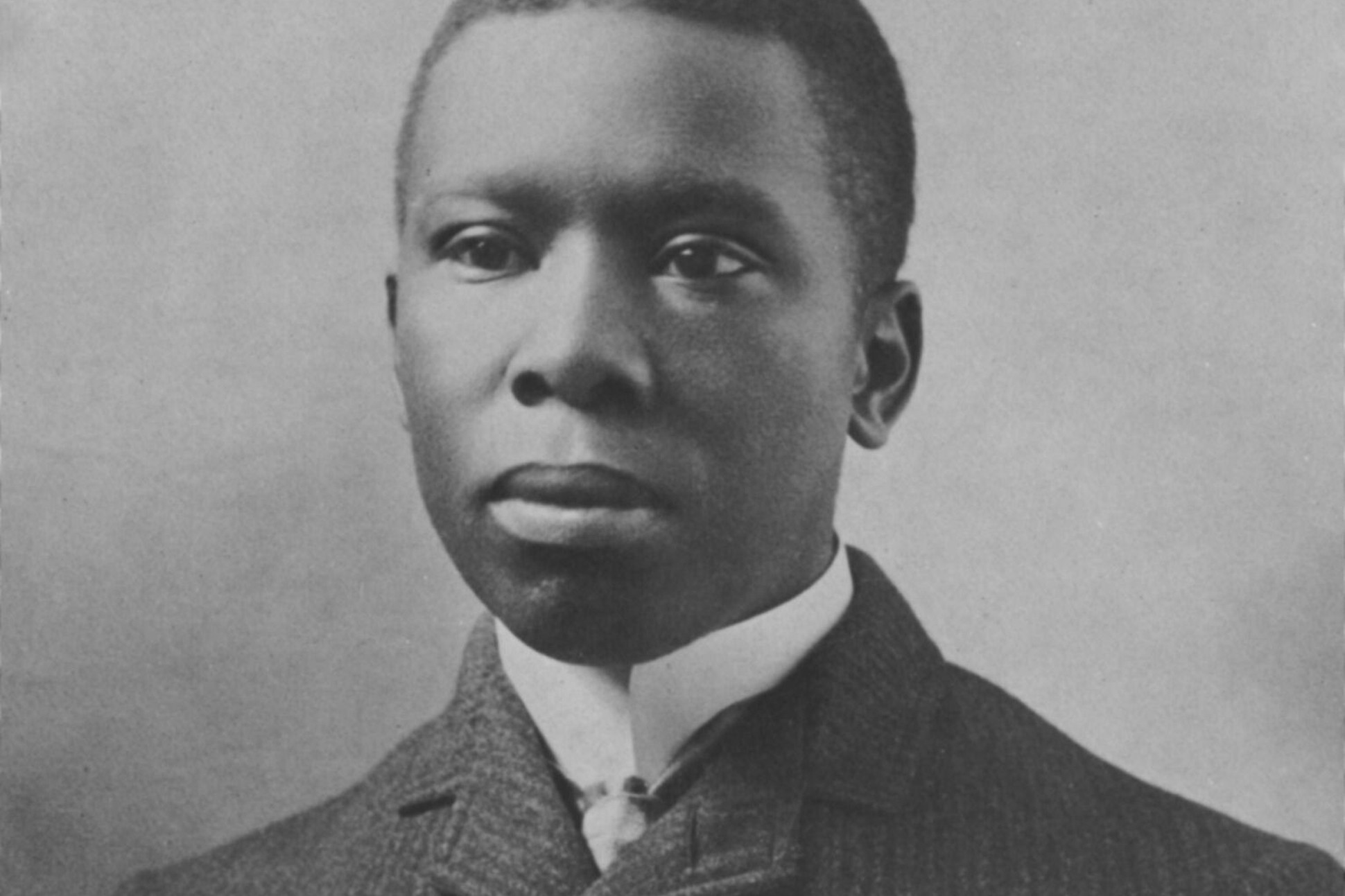(ThyBlackMan.com) Paul Laurence Dunbar was an influential African-American poet, novelist, and playwright who emerged in the late 19th and early 20th centuries. His work was groundbreaking for its time, as it provided a voice to the African-American experience in post-Civil War America. Dunbar’s literary contributions transcended racial barriers and gained respect from both black and white audiences, earning him widespread recognition as one of the first African-American literary figures to gain national prominence.
Early Life and Education
Born on June 27, 1872, in Dayton, Ohio, Paul Laurence Dunbar was the son of former slaves, Joshua Dunbar and Matilda Murphy. His parents instilled in him a love for learning, literature, and the arts. Paul attended Dayton’s Central High School, where he was the only black student in his class. Despite the racial prejudices he faced, Dunbar excelled academically and began writing poetry at a young age.
Dunbar’s first published work, a poem titled “Our Martyred Soldiers,” appeared in the Dayton Herald in 1888. His early poetry caught the attention of local literary figures, including James Newton Matthews and Orville Wright. As a high school student, Dunbar served as editor of the school’s newspaper, The Tattler, and contributed poems, short stories, and essays to various publications.
Rise to Literary Prominence
In 1892, Dunbar self-published his first collection of poetry, “Oak and Ivy,” which he sold to passengers on the elevator he operated in Dayton. The following year, he gained national attention when his poem “Sympathy” was published in The New York Age, an influential African-American newspaper.
Dunbar’s poetic style was characterized by its use of both standard English and African-American dialects, reflecting the diverse experiences of African-Americans in post-Civil War America. His work often explored themes such as love, nature, and the human spirit, while also addressing the harsh realities of racial discrimination, oppression, and the struggle for civil rights.

Major Works and Achievements
In 1896, Dunbar published his second poetry collection, “Majors and Minors.” The book caught the attention of William Dean Howells, a prominent literary critic and editor, who praised Dunbar’s work in a Harper’s Weekly article. This endorsement significantly boosted Dunbar’s career, leading to the publication of “Lyrics of Lowly Life” later that year, a collection that included poems from both “Oak and Ivy” and “Majors and Minors.”
Dunbar’s success as a poet led to opportunities in other literary genres. He published four novels, including “The Uncalled” (1898) and “The Sport of the Gods” (1902), and several short story collections, such as “Folks from Dixie” (1898) and “The Strength of Gideon” (1900). Additionally, Dunbar co-wrote the first African-American Broadway musical, “In Dahomey” (1903), which featured an all-black cast and enjoyed considerable success.
Legacy and Impact
Paul Laurence Dunbar passed away on February 9, 1906, at the age of 33, after a battle with tuberculosis. Despite his short life, Dunbar left a lasting impact on American literature and the African-American community. He paved the way for future African-American writers, such as Langston Hughes, Zora Neale Hurston, and James Baldwin, who continued to explore and celebrate the African-American experience in their work.
Dunbar’s legacy endures in the numerous schools, libraries, and cultural centers named in his honor, as well as in the continued study and appreciation of his work in literary circles. His influence on modern African-American literature and popular culture can be seen in the works of contemporary authors such as Maya Angelou, Toni Morrison, and Ta-Nehisi Coates, who have acknowledged the significance of Dunbar’s pioneering contributions to the literary world.
In addition to his lasting impact on literature, Dunbar’s work has also served as an inspiration for musicians and artists. Dunbar’s poems have been set to music by renowned composers like Samuel Coleridge-Taylor and Margaret Bonds, and his life has been depicted in various stage and film productions.
Despite the challenges he faced as an African-American writer in a predominantly white literary landscape, Paul Laurence Dunbar’s talent and determination led him to achieve widespread acclaim and recognition. His work remains a testament to the power of art to transcend racial and social barriers and to give voice to the experiences of marginalized communities.
Conclusion
Paul Laurence Dunbar’s remarkable literary achievements have left an indelible mark on American literature and African-American culture. His groundbreaking use of African-American dialects in his poetry provided a powerful means of expression for the black community, and his exploration of themes such as love, nature, and human struggle resonated with readers from all walks of life. Dunbar’s courage in confronting the racial injustices of his time through his work serves as an inspiration for writers and artists today. As we continue to celebrate the rich tapestry of African-American literature, we must not forget the pioneering contributions of Paul Laurence Dunbar, who opened the door for generations of African-American writers to share their stories and experiences with the world.
Staff Writer; Jamar Jackson
This brother has a passion for poetry and music. One may contact him at; JJackson@ThyBlackMan.com.

















Leave a Reply